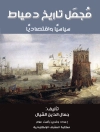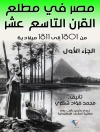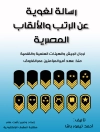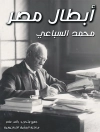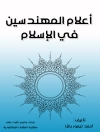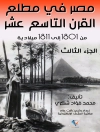Urban Resilience is seen by many as a tool to mitigate harm in times of extreme social, political, financial, and environmental stress. Despite its widespread usage, however, resilience is used in different ways by policy makers, activists, academics, and practitioners. Some see it as a key to unlocking a more stable and secure urban future in times of extreme global insecurity; for others, it is a neoliberal technology that marginalizes the voices of already marginal peoples. This volume moves beyond praise and critique by focusing on the actors, narratives and temporalities that define urban resilience in a global context. By exploring the past, present, and future of urban resilience, this volume unlocks the potential of this concept to build more sustainable, inclusive, and secure cities in the 21st century.
Dorothee Brantz & Avi Sharma
Urban Resilience in a Global Context [PDF ebook]
Actors, Narratives, and Temporalities
Urban Resilience in a Global Context [PDF ebook]
Actors, Narratives, and Temporalities
यह ईबुक खरीदें और 1 और मुफ़्त पाएं!
भाषा अंग्रेज़ी ● स्वरूप PDF ● पेज 224 ● ISBN 9783839450185 ● फाइल का आकार 7.4 MB ● संपादक Dorothee Brantz & Avi Sharma ● प्रकाशक transcript Verlag ● प्रकाशित 2020 ● संस्करण 1 ● डाउनलोड करने योग्य 24 महीने ● मुद्रा EUR ● आईडी 7201034 ● कॉपी सुरक्षा सामाजिक DRM


